Students from 20 secondary schools in Region 1 have expressed deep concerns over the ongoing security sector reforms in The Gambia, citing continued instances of harassment and intimidation by security personnel.
The concerns were raised during a nationwide sensitisation tour organised by the Office of National Security (ONS), with support from the United Nations Development Programme (UNDP). The initiative seeks to transition the country’s security system from a state-centred model to a more democratic, human-centred approach under proper civilian oversight.
During the two-day town hall meeting, students criticised the persistent maltreatment of civilians by security forces. They alleged that officers still abuse citizens under the guise of “orders from above,” restricting freedom of expression and peaceful assembly.
> “The police are still beating, insulting, and maltreating us. We are not allowed to demonstrate peacefully, nor are we given a chance to explain ourselves when questioned or arrested,” the students said.
They further called for legislative reforms, particularly concerning the Public Order Act, arguing that outdated laws hinder civic engagement and youth participation in national development.
> “If the constitution or Public Order Act requires us to obtain permits for peaceful protests, then it’s time to amend those laws. We cannot fulfil our civic responsibilities under laws that silence us,” the students insisted.
Many participants also shared a growing fear of interacting with security forces—especially military personnel—revealing that this fear is widespread among both students and the general public.
In response, Assistant Superintendent of Police (ASP) Malang Keita, representing the Police Planning Unit, acknowledged the concerns and assured students that reforms are underway. He noted that human rights training has only recently been incorporated into the police training curriculum, indicating progress from the past.
> “Yes, some officers still harass civilians, but reforms are a gradual process. With ongoing capacity-building, things are changing,” he stated.
Lieutenant Omar M. Colley of the Gambia Armed Forces echoed similar sentiments. Reflecting on the past 25 years, he said the country has made considerable progress from military dominance towards democracy and the rule of law.
> “Unlike in the past, today’s military is more accountable and involved in protecting citizens’ rights while supporting democratic governance,” he added.
Schools represented at the town hall included Nusrat, Gambia High, St. Augustine’s, West Africa Senior School (WASS), Greater Banjul, Tallinding, Kotu, Daddy Jobe, Kairaba, St. Joseph, Charles Jaw, LK, Aji Sukai Ndahteh, Muslim, Kanifing, Garba Jahumpa, Charles Fowlis, Sheikh Mass Kah, Bakoteh, and St. John’s Technical School for the Deaf.
The event highlighted the importance of involving young voices in shaping the future of national security and reaffirmed the need for inclusive reform that protects the rights and dignity of all citizens.



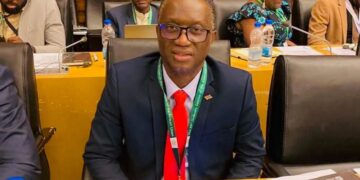


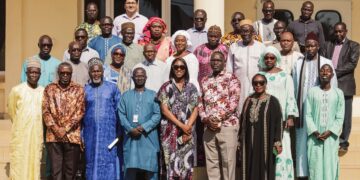























































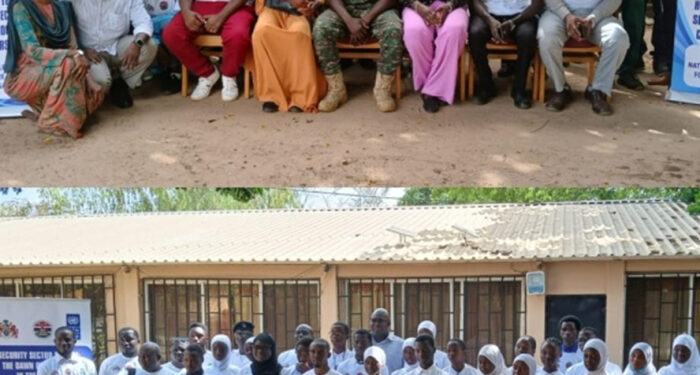





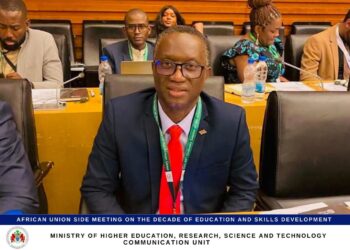

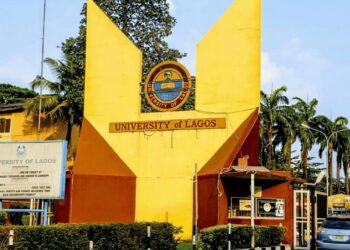
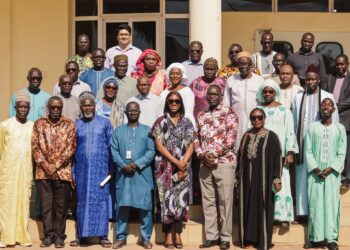
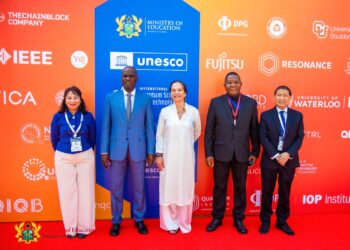










 EduTimes Africa, a product of Education Times Africa, is a magazine publication that aims to lend its support to close the yawning gap in Africa's educational development.
EduTimes Africa, a product of Education Times Africa, is a magazine publication that aims to lend its support to close the yawning gap in Africa's educational development.